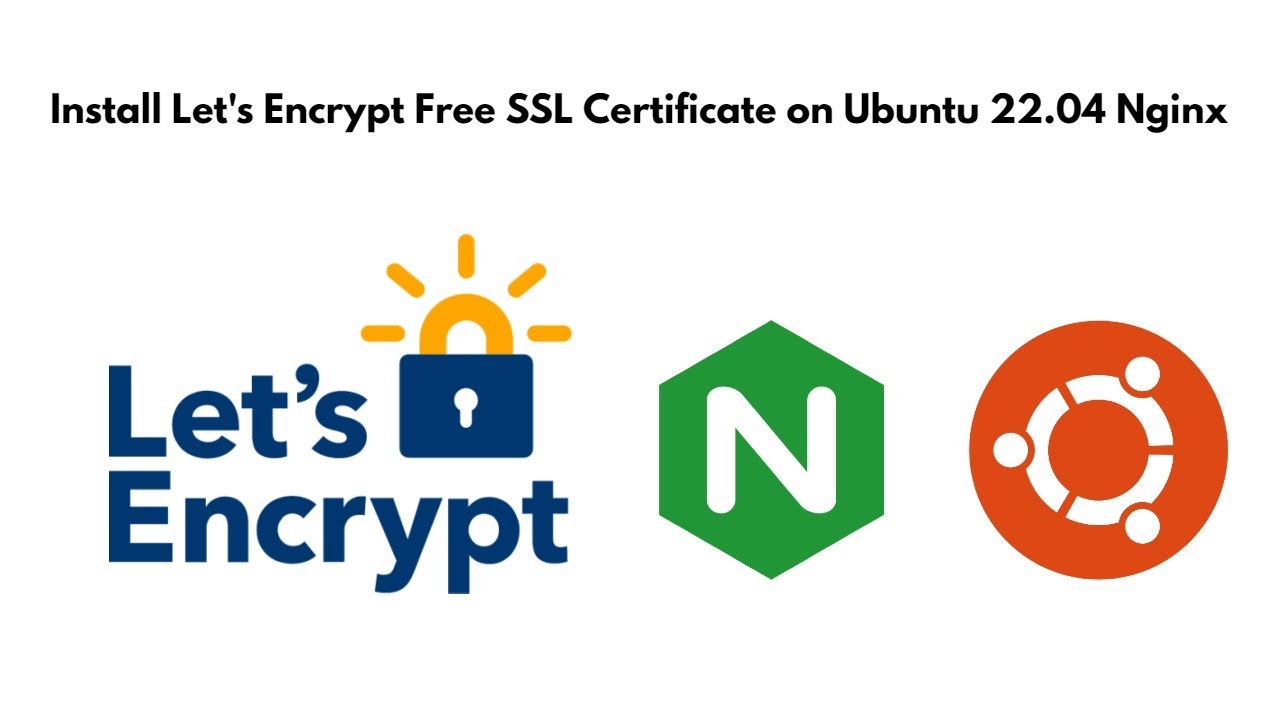Let’s Encrypt provides free SSL certificates for securing websites. Automating the installation of these certificates can save time and ensure your sites are always secure. This tutorial will guide you through creating a script to install Let’s Encrypt SSL certificates on a server.
Prerequisites
- A server running a Unix-based operating system (e.g., Ubuntu, Debian, CentOS).
- Root or sudo access to the server.
- A domain name pointing to your server.
Step 1: Install Certbot
Certbot is the official Let’s Encrypt client that automates the installation of SSL certificates.
- Update your package list:
sudo apt update- Install Certbot and the required web server plugin: For Apache:
sudo apt install certbot python3-certbot-apacheFor Nginx:
sudo apt install certbot python3-certbot-nginxStep 2: Create the Installation Script
- Open your text editor:
sudo nano /usr/local/bin/install-letsencrypt.sh- Add the following script to the file:
#!/bin/bash
DOMAIN=$1
EMAIL=$2
if [ -z "$DOMAIN" ] || [ -z "$EMAIL" ]; then
echo "Usage: $0 domain email"
exit 1
fi
# Install Certbot if not installed
if ! command -v certbot &> /dev/null; then
echo "Certbot not found, installing..."
sudo apt update
sudo apt install certbot -y
fi
# Install web server plugins if not installed
if command -v apache2 &> /dev/null; then
if ! dpkg -l | grep -q python3-certbot-apache; then
sudo apt install python3-certbot-apache -y
fi
WEB_SERVER="apache"
elif command -v nginx &> /dev/null; then
if ! dpkg -l | grep -q python3-certbot-nginx; then
sudo apt install python3-certbot-nginx -y
fi
WEB_SERVER="nginx"
else
echo "No supported web server found. Install Apache or Nginx."
exit 1
fi
# Obtain SSL certificate
echo "Obtaining SSL certificate for $DOMAIN..."
sudo certbot --$WEB_SERVER -d $DOMAIN --non-interactive --agree-tos -m $EMAIL
# Set up automatic renewal
echo "Setting up automatic renewal..."
sudo systemctl enable certbot.timer
sudo systemctl start certbot.timer
echo "SSL certificate installation and renewal setup complete for $DOMAIN."- Save and close the file: Press
CTRL + X, thenY, andENTER. - Make the script executable:
sudo chmod +x /usr/local/bin/install-letsencrypt.shStep 3: Run the Script
Use the script to install Let’s Encrypt SSL for your domain:
sudo /usr/local/bin/install-letsencrypt.sh yourdomain.com youremail@example.comReplace yourdomain.com with your actual domain and youremail@example.com with your email address.
Step 4: Verify the Installation
- Check that Certbot has obtained a certificate:
sudo certbot certificates- Verify that your web server is using the new certificate: Open your website in a browser and check for the secure padlock icon in the address bar.
Step 5: Automatic renewal
The Certbot packages on your system come with a cron job or systemd timer that will renew your certificates automatically before they expire. You will not need to run Certbot again, unless you change your configuration. You can test automatic renewal for your certificates by running this command:
sudo certbot renew --dry-run
The command to renew certbot is installed in one of the following locations:
/etc/crontab//etc/cron.*/*systemctl list-timers
If you see this message Congratulations, all simulated renewals succeeded the cerbot auto-renew is enabled.
Conclusion
You’ve now created a script to automate the installation of Let’s Encrypt SSL certificates. This will help ensure your website remains secure without manual intervention.

